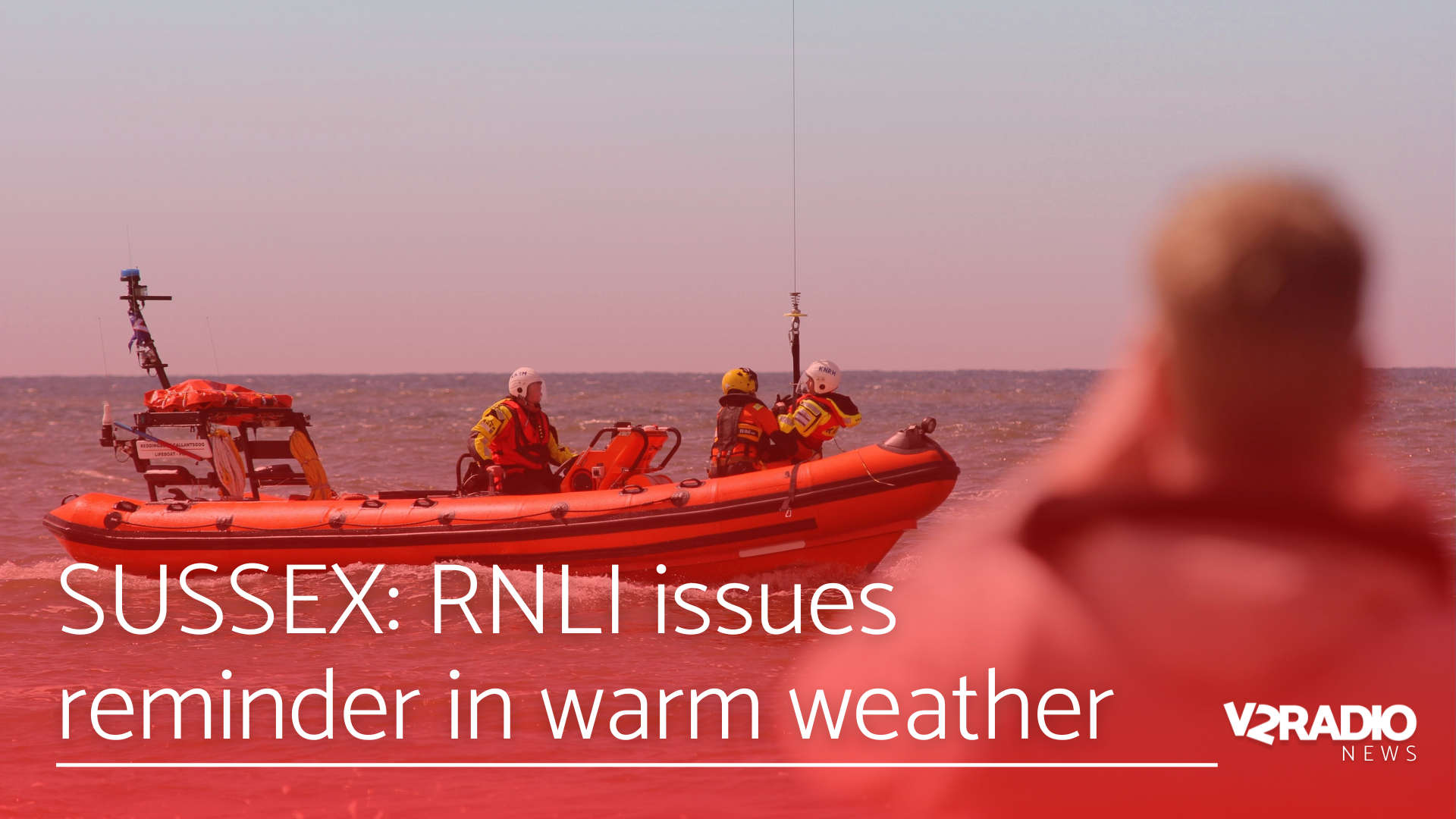
As the weather warms and the allure of seaside outings increases, the Royal National Lifeboat Institution (RNLI) in Sussex is issuing a timely reminder about the importance of water safety.
This call to caution is underpinned by recent statistics showing the significant role the RNLI plays in saving lives and ensuring safety along Britain's coasts.
In Sussex alone, the RNLI's eight lifeboat stations were called out to 475 emergencies last year. This figure serves as a reminder of the potential dangers associated with recreational activities near water. The RNLI's crews, predominantly composed of volunteers, are trained to deal with a variety of incidents, ranging from rescuing swimmers from dangerous currents to aiding boats in distress.
Nationally, the picture is even more striking. The RNLI reported over 9,000 lifeboat launches across the UK, resulting in 437 lives saved and assistance to more than 17,000 people.
The importance of the RNLI cannot be overstated. Their life-saving work is vital to ensuring the safety of both local communities and visitors who flock to the coast, especially during the warmer months. The presence of the RNLI also provides peace of mind to those enjoying the UK's beautiful but sometimes treacherous shorelines.
As we look forward to enjoying the outdoors and the water this summer, it's crucial to heed the RNLI's advice to stay cautious and aware of the conditions. Their ongoing efforts and readiness to respond at a moment's notice make them an indispensable part of seaside safety.
Here are our top tips to stay safe in the water:
-
Learn to Swim: Being a proficient swimmer is one of the best defenses against sea-related accidents. Consider taking swimming lessons if you're not confident in your swimming abilities.
-
Understand the Beach Flags: Familiarize yourself with the flag warning system used on beaches. A red flag means the water is dangerous and you should not go in.
-
Observe the Weather: Before heading out, check the weather conditions. Avoid swimming if the weather is bad, especially during thunderstorms, which can quickly escalate the danger in water.
-
Use the Buddy System: Always swim with a buddy. It’s safer and more fun to have someone with you who can help in case of an emergency or to get help if needed.
-
Stay Within Your Depth: Always swim in areas where you can comfortably manage the depth and stay within designated swimming areas supervised by lifeguards.
-
Avoid Alcohol: Avoid alcohol consumption when planning to enter the water. Alcohol impairs judgment, swimming skills, and reduces your body's ability to stay warm.
-
Learn Rip Current Safety: Learn how to spot and escape rip currents. If caught in a rip current, remain calm and swim parallel to the shore until you are out of the current, then swim back to shore.
-
Use Life Jackets: When participating in water sports, wear a life jacket, especially if you're not a strong swimmer or when boating.
-
Protect Against the Sun: Wear sunscreen, a hat, and UV-protective clothing as sunburn can decrease your body’s ability to regulate heat and can lead to dehydration.
-
Stay Hydrated and Rested: Make sure you drink plenty of water and take breaks in the shade to avoid heat exhaustion.

 Chichester Pride returns – Saturday 24 May 2025
Chichester Pride returns – Saturday 24 May 2025
 Bognor Regis Carnival Returns – and It’s Going to Be Out of This World!
Bognor Regis Carnival Returns – and It’s Going to Be Out of This World!
 Fire at industrial unit in Donnington
Fire at industrial unit in Donnington
 Live Roman re-enactment returns for Chichester Roman Week
Live Roman re-enactment returns for Chichester Roman Week
 West Sussex on-call firefighters follow in their father’s footsteps
West Sussex on-call firefighters follow in their father’s footsteps
 Food and nutrition needs of people living in West Sussex
Food and nutrition needs of people living in West Sussex
 Plans for 165 homes in Chichester
Plans for 165 homes in Chichester
 Fire crews at the scene of a house fire in Fittleworth
Fire crews at the scene of a house fire in Fittleworth
 £100K investment for Langstone sea defence
£100K investment for Langstone sea defence
 £354K to be spent on major projects in Arun
£354K to be spent on major projects in Arun






